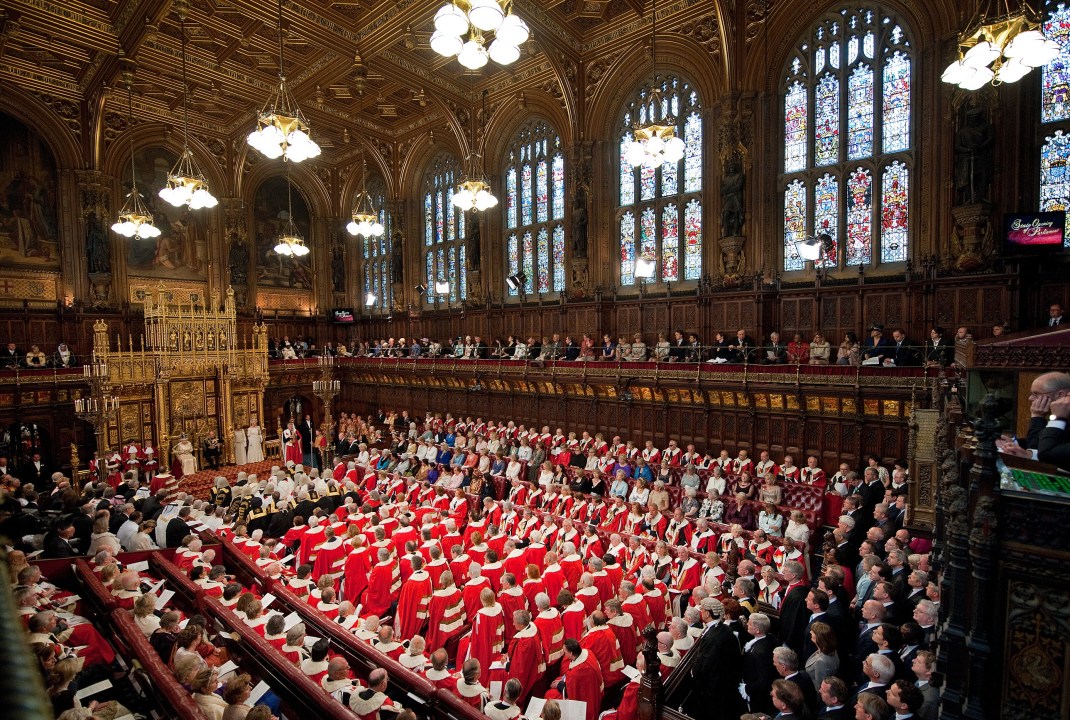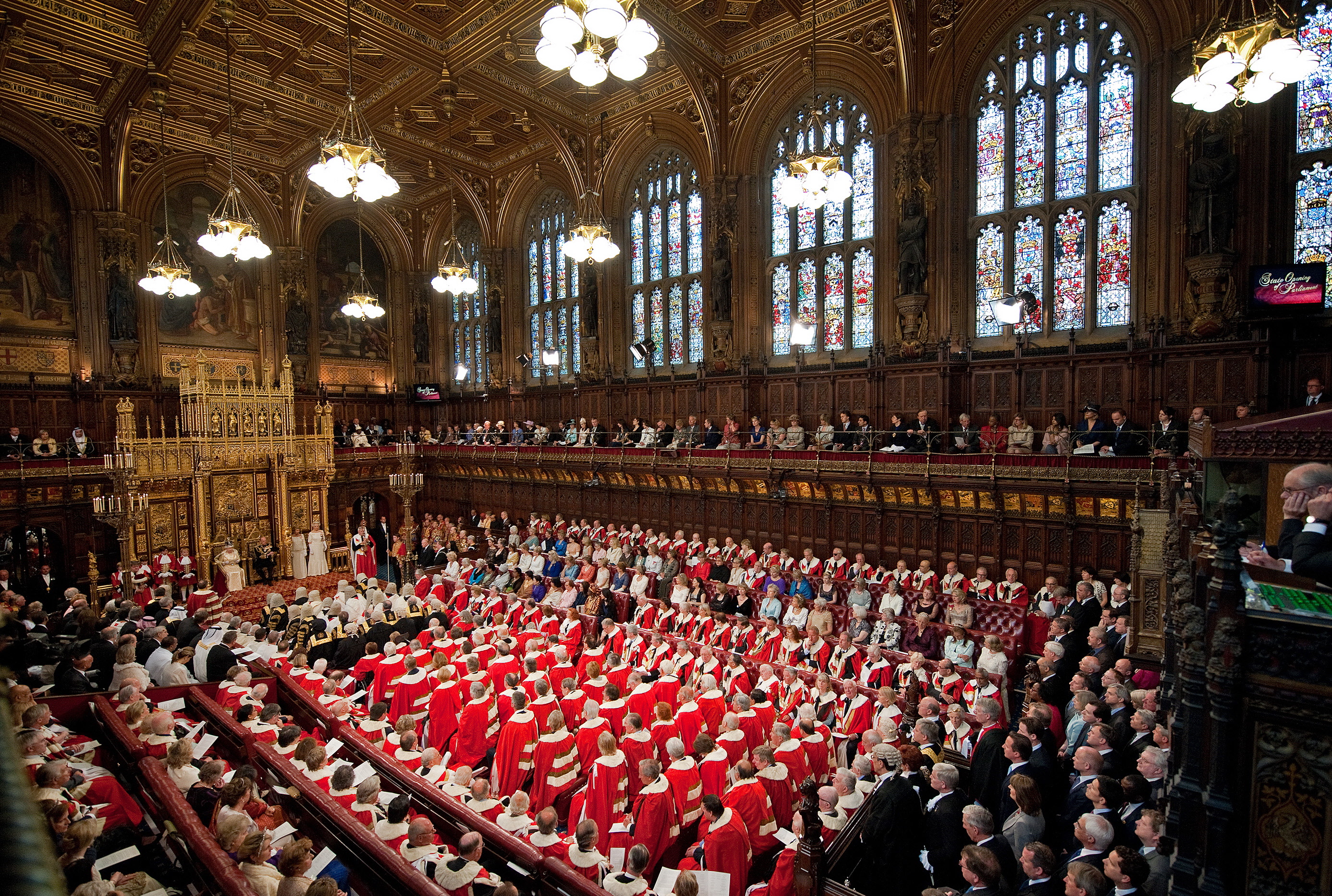‘Terms and conditions will apply.’ That, or something near it, was Dan Rosenfield’s initial response when Boris Johnson invited him to become Chief of Staff in No.10. Naturally, Mr Rosenfield was tempted. But he wanted assurances that he would have the authority to run a serious political outfit. He was not interested in becoming a zoo-keeper.
That was not a problem. The zoo has been closed down. The Dominic Cummings era is over. Boris’s willingness to hire a completely different character, following the appointment of Simon Case as Cabinet Secretary and Head of the Civil Service, suggests that the PM can recognise and value seriousness in others, even if he himself has problems in displaying it.
Yet there are bigger issues in play. Dominic Cummings’s approach to government seemed to be based on Paraguayan diplomacy in the 1860s. If you see an institution that you disapprove of, make war on it. His targets included much of the Tory Parliamentary party, which did not make him many friends. Even so, he is not altogether alone. Other one-dimensional free-marketeers who may not imitate his truculence do share his belief that sclerotic institutions are holding Britain back. So how should a modern Conservative distinguish between good institutions and bad ones? Though much of what follows is also applicable to the other component nations of the UK, it primarily concerns England.
First, there is a question of language. Are we talking about Conservatives, or Tories? Although the words are usually treated as synonyms, it might be more helpful to think in terms of synergy. Conservative: those brisk, almost prim little syllables seem redolent of the counting-house, or of Kipling’s Gods of the copybook headings. Tory: nothing prim there. It is a word like a slashing sabre-stroke, which takes us back to the dynastic and religious conflicts of the seventeenth century, when it was first coined: to the good old causes of Church and King which Tories fought and died for. Conservatism is a practical creed; Toryism, a romantic one. A Conservative should set out to hold the country together. A Tory has to ensure that it is worth holding together.
In that task, institutions are vital. This is partly a matter of sentiment and there is nothing wrong with that. Ancient churches which bore the patina of age before North America was founded, great houses, a late-night stroll in Middle Temple Lane, the Horse-Guards riding down the Mall, the sun through the trees, glinting on their cuirasses: In Eliot’s words, those institutions teach us that history is now and England. Yet there will be some Conservatives, who have spent too long in sway to the more dismal breed of economists, who will wonder why we are spending taxpayers’ money to equip soldiers on horseback. Fortunately, they rarely command a hearing and merely Scrooge away in irrelevance.
So: Tories and wiser Conservatives approve of the Brigade of Guards, the Inns of Court and the Church of England, at least as regards its buildings and its proper liturgy. But what about the European Union? That institution still commands an unhealthy amount of sentimental loyalty from many people who call themselves Conservatives. Then there is the NHS, where sentiment is an understatement, and sensible Tories will pretend to share it.
The great Lord Falkland summarised the Conservative’s creed in an aphorism. ‘When it is not necessary to change, it is necessary not to change.’ But hold on a minute: how can we tell when it is necessary to change?
First of all, surely, there is time. An institution which has lasted should not lightly be discarded. Evolution is wiser. Ancient forms and rituals rescue the public face of government from banality. If anyone needs persuading about the merits of evolution, let him examine the Blair government’s record.
In 1997, with his massive majority, there came a revelation. You can legislate first and think later, if at all. The Blairites behaved like a four-year-old who had found his way to the crockery cupboard. There were two principal victims of their thoughtlessness: the House of Lords and the judiciary.
Before making changes to the Lords, it might have seemed sensible to ask what you want the Upper House to do. Would you like it to be strong enough to challenge and defy the Commons, which would prevent the growth of elective dictatorship? In that case, it must have democratic credentials. Or do you want to ensure that for all its pomp and circumstance, the second chamber is subordinate? But if you did not intend to change the Lords’ role, why change its composition as Blair did? As for the hereditaries, they ensure that history and the land both have a voice. That has advantages. This is an old country, and land is important.
The reformed House of Lords still functions. Yet it has lost much of its old dignity – and for what? Can anyone identify any respect in which the new House is an improvement? If only the Blairites had left well alone. But when it came to the constitution, Tony Blair and his colleagues were Dominic Cummings with an ingratiating manner.
Their next chosen victims were the Lord Chancellorship and the judiciary. The Lord Chancellor adorns the most ancient great political office which we have, and its holder is a hybrid. He is a politician who sits in Cabinet and presides over the House of Lords from the Woolsack. But he is also head of the judiciary and appoints judges.
That scandalised much of the bien pensantry. A politician who appoints judges: what about the separation of powers, and what a bad example to set to other countries whose political systems are still emerging? That is irrelevant. It might not work for Belarus or France, or other nations whose legal institutions have been corrupted by fascism or communism within living memory. But it works for us. Mr Blair and his acolyte Charlie Falconer actually wanted to abolish the Lord Chancellorship, until they were told that the office is part of the warp and weft of the English legal system, and would take years if not decades to unravel.
So they merely diminished the post of grandeur, authority – and function. The Lord Chancellor no longer appoints judges. That role has passed to the judicial appointments committee. Although it is a worthy body, there is a growing sense that QCs who would have been honoured to receive a tap on the shoulder from the Lord Chancellor’s department are reluctant to submit themselves to the new rigmarole. In the long term that will mean a less good judiciary, and for what? Has anyone identified any defects in the old arrangements, or any improvements in the new ones?
As regards the judiciary, there was another dangerous innovation. The Law Lords were removed from the House of Lords to sit in a new institution, the Supreme Court. This has two malign consequences. First, when the Law Lords attended the Lords, they often made trouble for the government. That was wholly desirable. It meant that Ministers and legislation came under the scrutiny of highly able and experienced judges. Although many Ministers did not enjoy the process, it was good for their soul while improving the quality of legislative draftsmanship.
Second, the very name ‘Supreme Court’ encourages judicial activism. To an extent, that has always occurred, under the Common Law. By reasoning from old principles to new circumstances, judges have often made laws (it was a judge – Lord Mansfield – who abolished slavery in the United Kingdom). But this process was subject to the decision-making powers of another Court, the true supreme court: the High Court of Parliament.
Two conflicting theories of law underlie the dispute over the new supreme court, which reflect a similar debate in the United States. There are those who believe that law is a set of immutable principles, applicable in all jurisdictions, at all times, in all circumstances. On the other side, there are those who insist that law grows out of the soil: that it emerges out of an endless dialectic between lawyers’ law and popular feeling: the historical origin of the Common Law.
Any Conservative not in thrall to Euro-fanaticism would be on the side of the Common Law. Those who disguise their dislike of their own nation behind their approval of other countries way of conducting their affairs, would be internationalists.
At present, the government has little time to think about the theory of institutions. Ministers are still trying to extract us from one institution, the EU, while coping with the challenge of Covid. But as this Parliament unfolds, there ought to be time for longer perspectives. The Tory wing of the Conservative/Tory coalition should be more prominent.







Comments